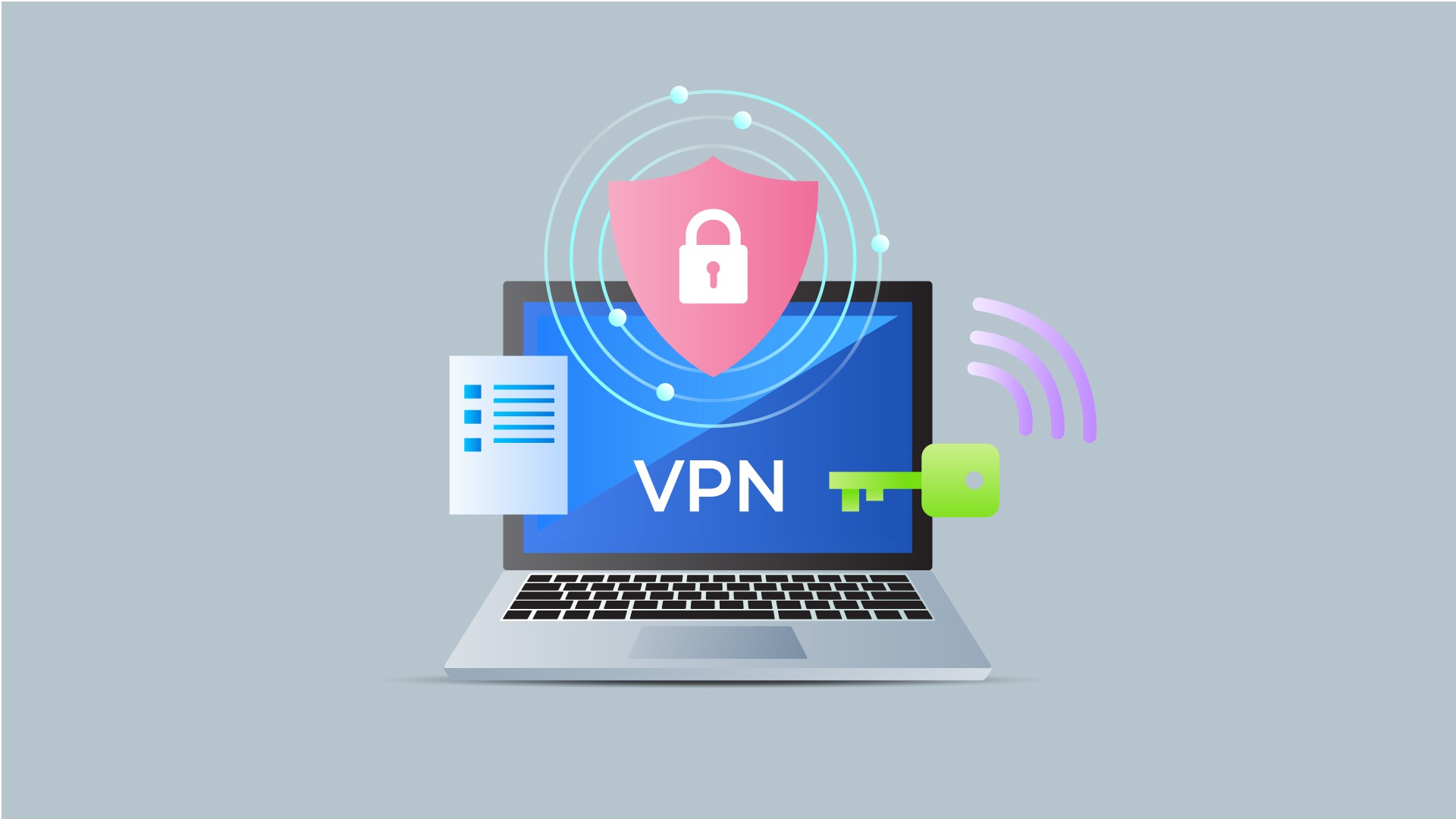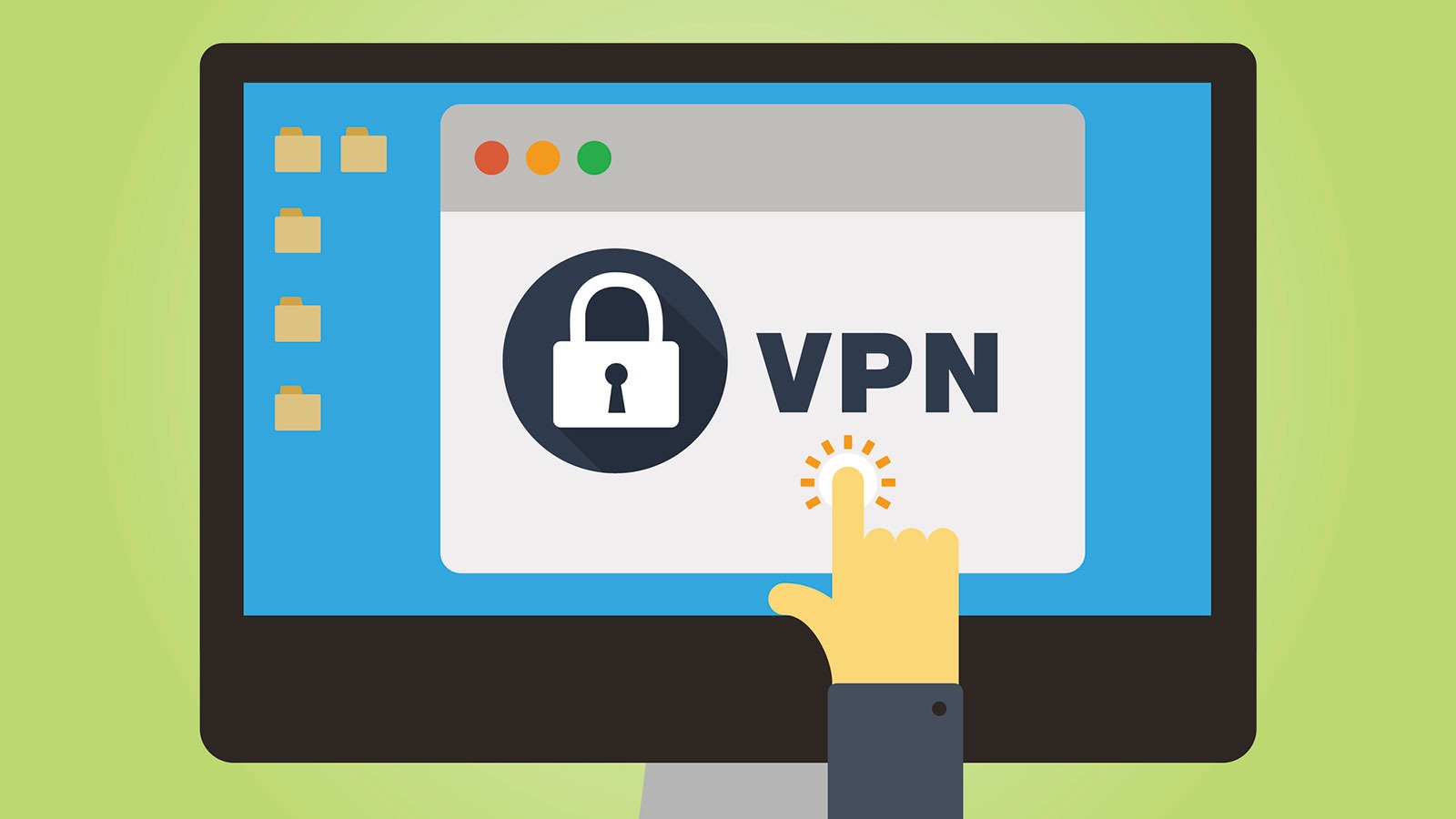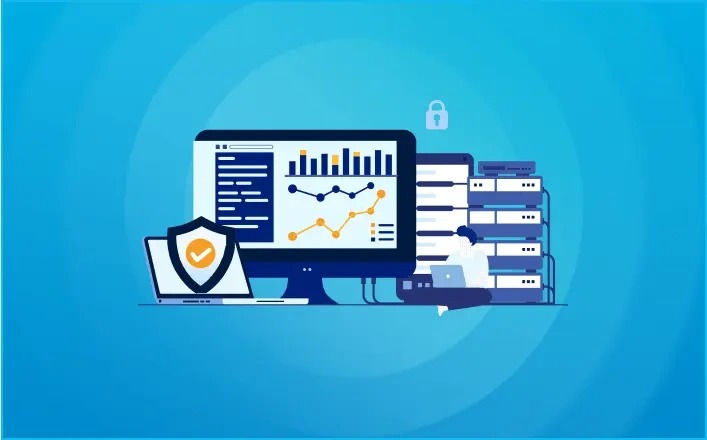Public WiFi networks, commonly found in cafes, airports, and hotels, are convenient but often unsecured. This lack of security makes them vulnerable to hackers and cybercriminals who can intercept your data, steal personal information, and compromise your online activities. Even private WiFi networks can be targets for cyber attacks if not properly secured.

What is a VPN?
A Virtual Private Network (VPN) is a technology that creates a secure and encrypted connection between your device and the internet. By routing your internet traffic through a remote server, a VPN masks your IP address and encrypts your data, enhancing your online privacy and security. VPNs are essential tools for protecting your information when using WiFi networks.
Benefits of Using a VPN for WiFi
-
Enhanced Security: A VPN encrypts your internet connection, protecting your data from hackers, cybercriminals, and unauthorized access. This is particularly important when using public WiFi networks, which are often unsecured.
-
Privacy Protection: By masking your IP address, a VPN prevents websites, advertisers, and internet service providers (ISPs) from tracking your online activities, ensuring your privacy is maintained.
-
Data Integrity: A VPN ensures that your data remains intact and unaltered during transmission, protecting it from tampering and interception.
-
Access to Geo-Restricted Content: A VPN allows you to bypass geographical restrictions and access content that may be blocked in your region. This includes streaming services, websites, and apps that are only available in certain countries.
-
Avoiding Censorship: In countries with strict internet censorship, a VPN can help you access blocked websites and services, ensuring you have unrestricted access to information.
Choosing the Right VPN for WiFi
-
Security Features: Look for a VPN that offers strong encryption protocols, such as AES-256, and additional security features like a kill switch and DNS leak protection.
-
Server Locations: Choose a VPN with a wide range of server locations to ensure you can access geo-restricted content and maintain fast connection speeds.
-
User-Friendly Interface: Opt for a VPN with an intuitive and easy-to-use interface, making it simple to connect and manage your settings.
-
Customer Support: Ensure the VPN provider offers reliable customer support to assist you with any issues or questions.
-
Pricing and Plans: Compare the pricing and plans offered by different VPN providers to find one that fits your budget and needs.
Setting Up a VPN for WiFi
-
Choose a VPN Provider: Select a reputable VPN provider that meets your security and privacy needs.
-
Download the Software: Visit the VPN provider's website and download the software or app for your device.
-
Install and Launch: Install the VPN software or app and launch it on your device.
-
Create an Account: Sign up for an account with the VPN provider, following the instructions provided.
-
Connect to a Server: Choose a server location from the list provided and connect to the VPN.
-
Verify Connection: Ensure that your VPN connection is active and that your IP address is masked.
Conclusion
Using a VPN for WiFi is crucial for protecting your online privacy and security, especially when using public or unsecured networks. By choosing the right VPN service and setting it up correctly, you can safeguard your personal information, protect your online activities, and ensure a secure browsing experience. Whether you're using public WiFi, accessing sensitive information, or simply want to maintain your privacy, a VPN provides a robust solution for safeguarding your online activities.



